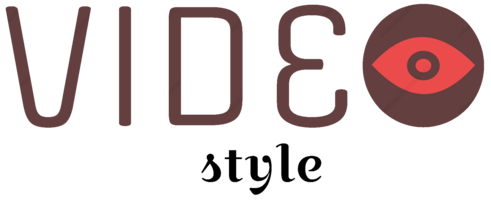New York Notaries now have a tool that makes it possible to perform online mortgage signings and other financial transactions remotely.
Using two-way videoconference technology, RON eliminates the need for a notary and signer to meet in person. The recording is legally valid and provides better safeguards against fraud and coercion than traditional in-person notarizations.
Cost-Effectiveness
Operating online is much cheaper than running an office, meaning that notaries can pass some of those savings on to their customers. Additionally, RON allows notaries to complete notarial acts in a broader range of clients and expedites processes like loan closings.
It’s common for errors to occur during paper-based documents. Still, RON tools that flag missed fields and incorrect information make it easier to identify the mistakes in advance and correct them quickly. This is especially beneficial for customers with complex legal documents, such as the power of attorney documents, which require significant accuracy and security.
RON is also ideal for customers with health concerns that prevent them from traveling, and it provides a viable solution during COVID-19 lockdowns for people living in quarantine or restricted from travel. RON is an excellent choice for anyone who needs to sign a document but cannot meet in person.
Transparency
In the past, signers would have had to take time out of their schedule to travel to a physical location to meet with a notary. This can be difficult for busy professionals with families or other commitments. With RON, signers can upload their documents and connect with a notary via audio-video technology to complete the notarization.
During a RON session, signers are identified using a multi-step identity verification process, which includes the three most common types of authentication factors: something you have, something you know, and something you are. In many states, this process requires the notary to review a photo ID document as part of the “something you have” component.
New York RON offers better safeguards against fraud and coercion because the notary maintains an audio-video record of the session for ten years. This added layer of security is integral to making a real estate closing a seamless experience for borrowers, lenders, and settlement agents.
Accessibility
As hybrid and remote work becomes more commonplace, we must adopt technologies that support a new way of working. RON is one such technology that can transform how we do business. However, several concerns must be addressed before RON can become a permanent part of our notarial process.
For example, if an online notary service fails to secure and transfer data properly or is compromised by hackers, the records of all notarizations they facilitated could disappear forever. Furthermore, some RON platforms rely on third-party vendors for credential analysis and identity proofing. This creates a dependency that must be evaluated carefully and managed appropriately.
Fortunately, many of the issues related to RON can be resolved by using DocVerify’s e-notary platform. It enables notaries to conduct online verification of borrowers and documents that can be used to create an electronic notarization that provides a secure and auditable record.
Security
Robust encryption technologies and stringent identity verification protocols back the integrity of RON’s document-signing process. It also provides tamper-evident seals and detailed audit trails, enhancing document authenticity. These measures reduce cyber threats and help you comply with state laws regarding document tampering.
RON eliminates the logistical complexities of government-related paperwork, making it more accessible to a larger audience. Unlike traditional notarizations, which require signers to travel to offices or meet with Notaries in person, RON allows individuals to complete these documents remotely through secure online platforms.
RON uses audio-visual conferencing with futuristic ID proofing to verify the identity of signers. The process begins with credential analysis, which validates the security features of a signer’s government-issued ID card. Some RON providers also use knowledge-based authentication, in which the notary checks a signer’s responses to questions about their background. This is essential in ensuring that the notary communicates with the correct person, not someone impersonating them.





